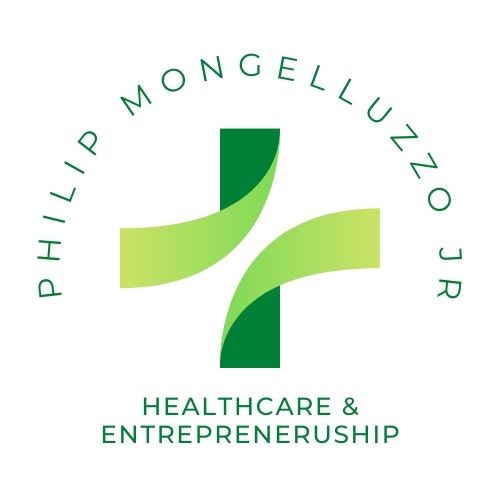In the rapidly evolving field of healthcare, patient-centered care has emerged as a vital approach to delivering quality and compassionate services. Patient-centered care places the individual’s needs, preferences, and values at the forefront of healthcare decisions and delivery.
Empowering Patients
Patient-centered care empowers individuals by involving them in their healthcare journey. It recognizes that patients are experts in their own lives and places them as active participants in decision-making processes. Through shared decision-making, patients are encouraged to ask questions, express concerns, and actively engage in their treatment plans. This involvement fosters a sense of autonomy, ownership, and empowerment, leading to improved healthcare outcomes and patient satisfaction.
Enhancing Communication and Trust
Effective communication and trust between patients and healthcare providers are fundamental to successful healthcare delivery. Patient-centered care prioritizes open and honest communication, where healthcare professionals actively listen to patients, respect their perspectives, and provide clear explanations regarding diagnoses, treatment options, and potential risks. By fostering a trusting and collaborative relationship, patient-centered care improves patient compliance, reduces medical errors, and enhances overall patient-provider satisfaction.
Tailoring Care to Individual Needs
Every patient is unique, with different backgrounds, beliefs, and health goals. Patient-centered care recognizes this diversity and ensures that healthcare services are tailored to meet individual needs. By understanding patients’ values, preferences, and cultural backgrounds, healthcare providers can deliver personalized care that respects their autonomy and supports their holistic well-being. This approach leads to better treatment adherence, improved health outcomes, and a more patient-centered healthcare experience.
Improving Healthcare Outcomes
Patient-centered care has been linked to improved healthcare outcomes. When patients actively participate in their healthcare decisions and are involved in the planning and management of their conditions, they are more likely to adhere to treatment plans, engage in preventive care, and take responsibility for their health. This proactive involvement translates into better health outcomes, reduced hospital readmissions, and lower healthcare costs.
Addressing the Emotional and Psychological Needs of Patients
Healthcare encompasses not only the physical aspects of a person’s well-being but also their emotional and psychological needs. Patient-centered care recognizes the importance of addressing these needs and providing holistic support. By creating a caring and supportive environment, healthcare providers can reduce patient anxiety, enhance emotional well-being, and foster a sense of trust and comfort during challenging healthcare experiences.
Promoting Continuity of Care
Patient-centered care promotes continuity of care, ensuring that patients receive seamless and coordinated healthcare services across different providers and settings. By promoting effective communication and collaboration among healthcare professionals, patient information can be shared, treatment plans can be coordinated, and healthcare transitions can be smoother. This integrated approach reduces medical errors, avoids duplicative tests and procedures, and improves patient satisfaction and outcomes.
Driving Quality Improvement in Healthcare
Patient-centered care is not just about individual patients but also drives quality improvement in the healthcare system as a whole. By actively seeking patient feedback, healthcare providers can identify areas for improvement, address gaps in care, and implement changes that enhance patient experiences and outcomes. Patient-centered care encourages a culture of continuous learning and improvement, ultimately leading to a more patient-focused and efficient healthcare system.
Patient-centered care is essential in healthcare delivery as it prioritizes the needs, preferences, and values of individuals. By empowering patients, enhancing communication and trust, tailoring care to individual needs, and addressing emotional and psychological aspects, patient-centered care improves healthcare outcomes and patient satisfaction. As healthcare continues to evolve, patient-centered care remains a crucial approach that promotes patient well-being, engagement, and a collaborative partnership between patients and healthcare providers.

